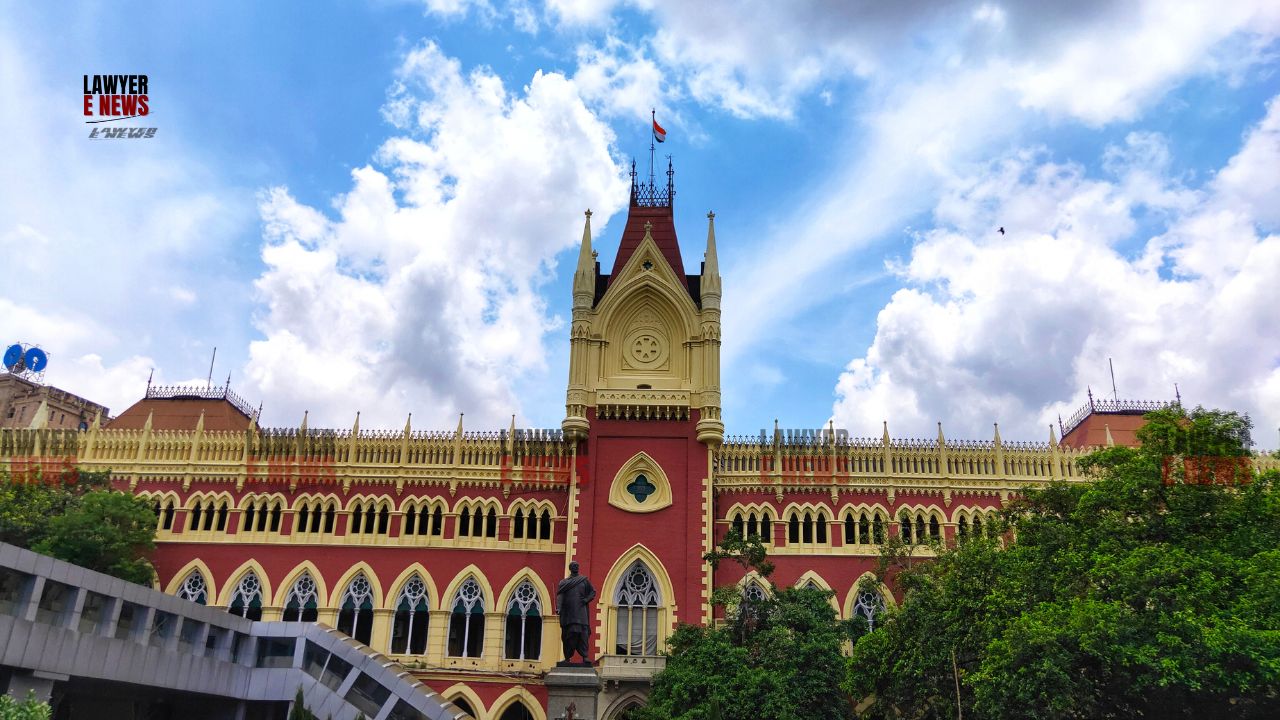-
by Admin
15 February 2026 5:01 PM



The Calcutta High Court dismissed the appeal of Sri Kartick Chandra Barik, a casual driver employed by Baidyabati Municipality, seeking the regularization of his service. The Division Bench comprising Justices Debangsu Basak and Md. Shabbar Rashidi upheld the municipality’s decision, emphasizing that the appellant’s appointment failed to satisfy the procedural and legal requirements essential for regularization.
Sri Kartick Chandra Barik was appointed in 1987 on a "no work, no pay" basis. His appointment was subsequently extended, and from November 1988, he began receiving a regular scale of pay. However, in March 2010, his increments and allowances were stopped following audit objections. After his plea for relief to the municipality yielded no results, Barik approached the court.
His first writ petition in 2014 resulted in a directive for the Director of Local Bodies to examine his case. The Director’s reasoned order rejected his claim, stating that his appointment did not comply with recruitment norms. The appellant’s subsequent writ petition challenging this decision was dismissed in March 2022. He then filed the present appeal.
The court analyzed whether Barik’s circumstances met the criteria for regularization under law. It emphasized the primacy of adhering to statutory requirements, as laid down in the Constitution Bench judgment in State of Karnataka v. Umadevi (2006).
Addressing the appellant's claim, the court noted, “The appellant was never appointed against a sanctioned post, nor was the recruitment process carried out in accordance with the extant norms governing such appointments.” The Bench underscored that the appellant’s casual appointment lacked the requisite procedural formalities and prior approval from the state government.
The court further clarified that, despite the appellant receiving pay and increments for several years, “such payments cannot confer legitimacy upon an appointment that is fundamentally irregular and contrary to statutory requirements.”
Barik relied on several precedents, including Swapan Chatterjee v. Baidyabati Municipality and Ranaghat Municipal Employees’ Association, arguing that employees in similar situations had been regularized. However, the court found these cases inapplicable, stating, “In the cases cited by the appellant, the appointments were made against sanctioned posts following the due recruitment process. The present case lacks these essential elements.”
The court noted that the Director of Local Bodies had already reviewed Barik’s claims and concluded that his status as a casual worker precluded him from regularization. “The competent authority’s findings leave no room for doubt that the appellant was not appointed in a sanctioned post,” the judgment emphasized.
The judgment reiterated the principle from Umadevi that casual or ad hoc appointments made outside statutory provisions cannot be regularized. It observed, “The binding nature of the Umadevi judgment precludes courts from granting relief in cases where appointments are not made against sanctioned posts or do not adhere to recruitment rules.”
The court also referred to the Supreme Court’s guidance in Official Liquidator v. Dayanand (2008), which reinforced that long tenure in a casual role does not override the necessity of compliance with recruitment norms.
The court dismissed Barik’s appeal, stating, “In light of the discussions made hereinbefore, we find no reason to interfere with the impugned judgment and order. The present appeal is devoid of merit.”
This judgment reinforces the importance of adherence to statutory norms in public employment and highlights that equitable considerations cannot supersede legal requirements.
Date of Decision: December 9, 2024.
